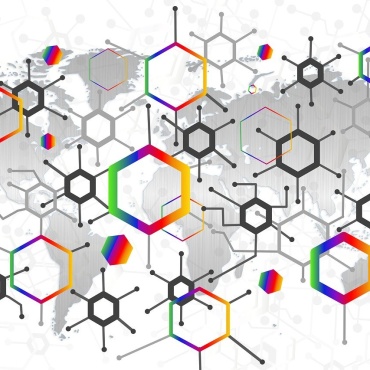Response to the parliamentary question on the depathologisation of gender identity disorder
European Commissioner for Health and Consumer Protection John Dalli answered a parliamentary question on the depathologisation of gender identity disorder:
 The Commission refers the Honourable Members to its answer to written question P‑2625/10, in which the Commission explained the ongoing process of revision of the International Classification of Diseases, ICD-10.
The Commission refers the Honourable Members to its answer to written question P‑2625/10, in which the Commission explained the ongoing process of revision of the International Classification of Diseases, ICD-10.
The objective of the International Classification of Diseases is to facilitate the tasks of health professionals and health systems in helping individuals, in particular in relation to their reimbursement. This classification does not imply any social, cultural or moral judgement about individuals, behaviours or needs.
As mentioned in the Issue Paper on Human Rights and Gender Identity adopted by the Human Rights Commissioner of the Council of Europe in July 2009, many international and national medical classifications impose the diagnosis of mental disorder on transgender persons. Such a diagnosis may become an obstacle to the full enjoyment of human rights by transgender people especially when it is applied in a way to restrict the legal capacity or choice for medical treatment.
The issue paper also emphasises that transgender people appear to be the only group in Europe subject to state-enforced sterilisation and that married transgender persons find themselves forced to divorce prior to their new gender being officially recognised.
For these practices to be considered under the EU Charter of Fundamental Rights, namely with regard to the right of respect to human dignity, the right of respect to private and family life and the right to non-discrimination, they would have to fall within the remit of the implementation of Union law, which they do not.
As pointed out in a document produced by the European Parliament in relation to “Transgender Person’s Rights in the EU Member States”, which the Honourable Members mention in their question, the approach to regulate legal requirements for access to hormonal treatments and gender reassignment surgery without psychiatric monitoring varies between Member States. This is the result of the exclusive competence of the Member States in this matter.
The Commission is contributing to the revision of the 10th version of the ICD, and the 11th version of the ICD is scheduled to be adopted by the World Health Assembly in 2014. In the context of this revision, the Commission will take into account the issues raised by the Honourable Members.






